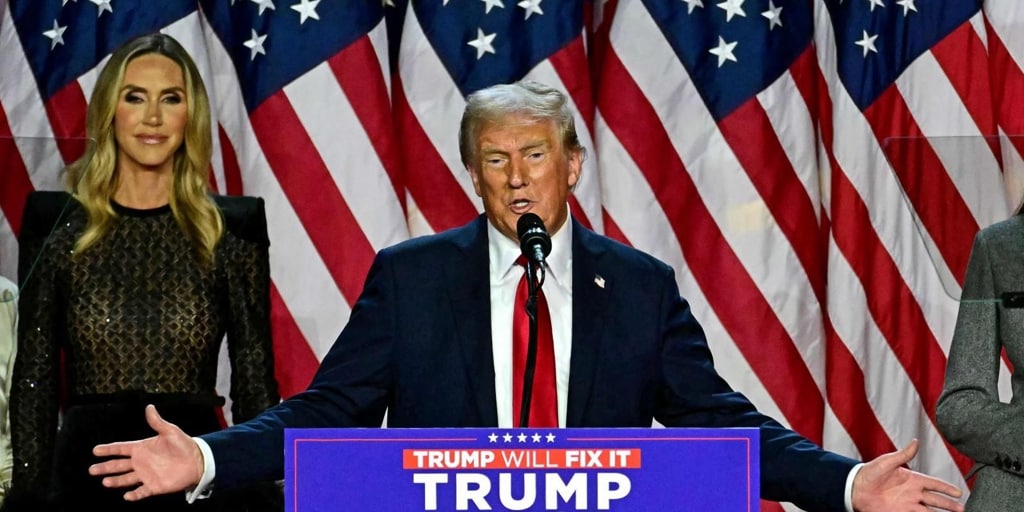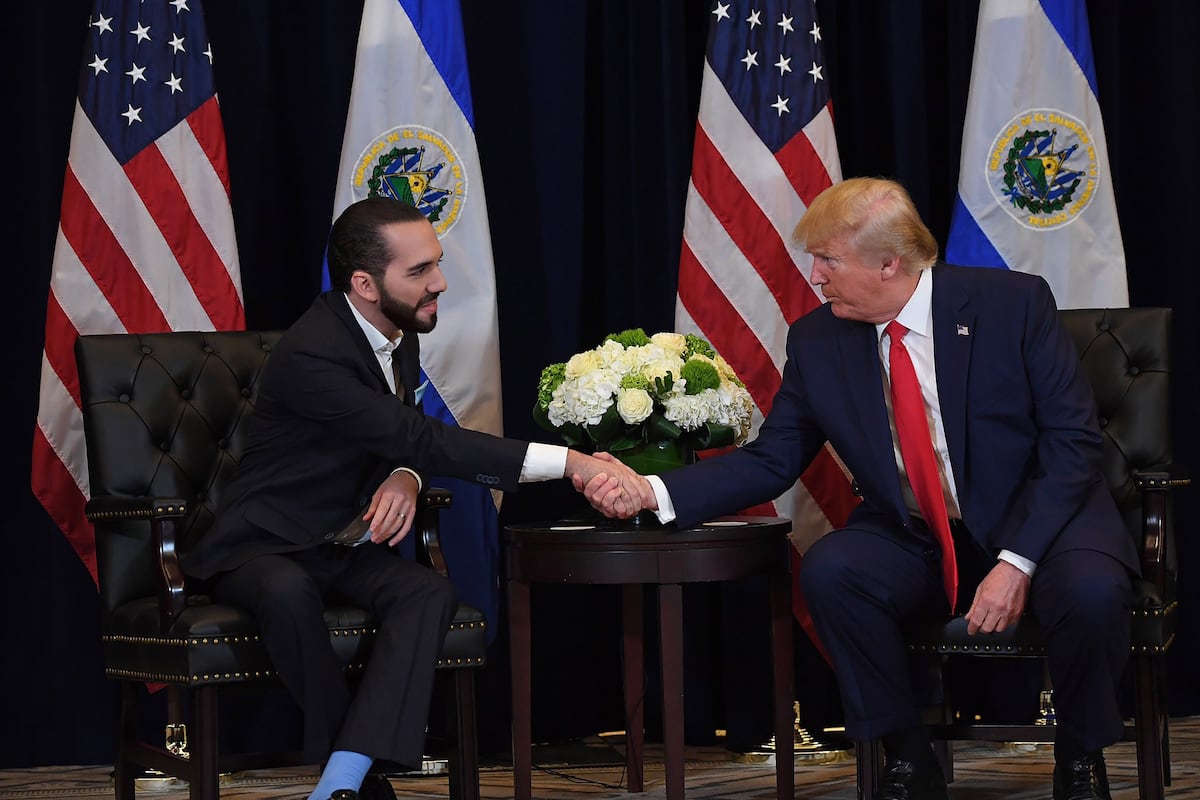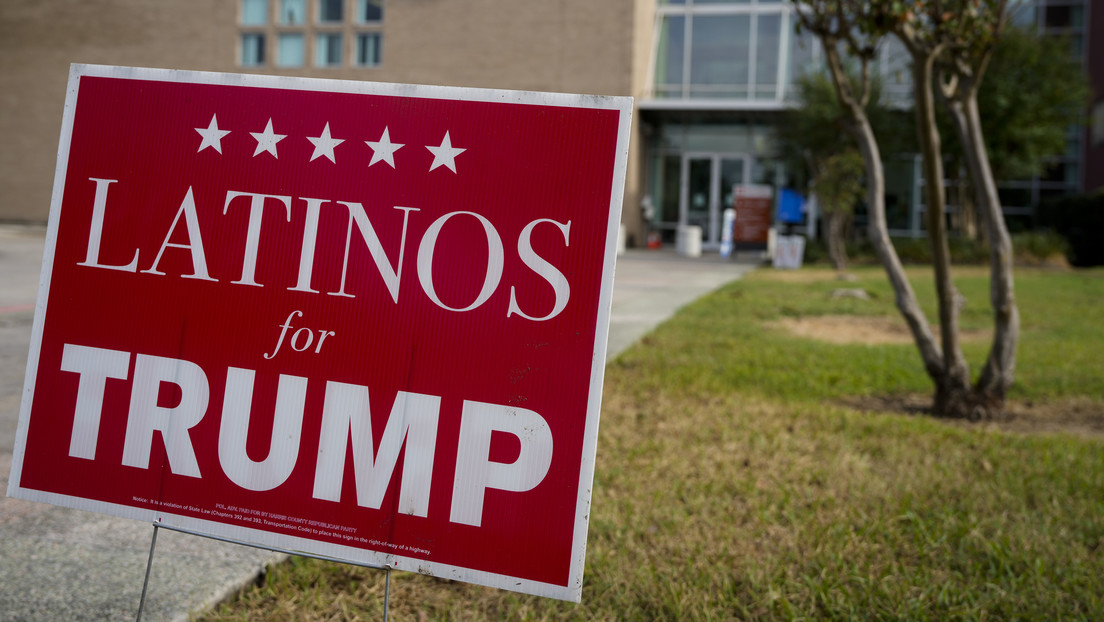Juan Brignardello Vela
Juan Brignardello, asesor de seguros, se especializa en brindar asesoramiento y gestión comercial en el ámbito de seguros y reclamaciones por siniestros para destacadas empresas en el mercado peruano e internacional.




The return of Donald Trump to the American political scene has sparked a series of reflections on the internal dynamics of the Democratic Party and the future of the country. This triumph not only reflects the will of a significant portion of the electorate but also exposes the weaknesses in the Democratic strategy over the past few years. Vice President Kamala Harris, hailed by many as a symbol of change, has proven to be more of a media product than a leader with genuine popular roots. Her critical approach to Trump, while effective in debates, did not translate into an electoral victory, highlighting a disconnect between the message and the reality of the electorate. Disenchantment with Joe Biden's administration has been another determining factor in this landscape. The president's management during times of economic uncertainty, marked by excessive inflation and the consequences of the pandemic, has left many voters feeling betrayed. The fiscal expansion decisions, although well-intentioned, have failed to provide the expected relief, thus fueling public frustration. This discontent has been capitalized on by Trump, who has skillfully positioned his message of change and the repair of "everything that is wrong in this country." One of the most significant changes in this election has been the transformation of the vote among minorities. Trump has managed to improve his performance among young people, Black men, and Hispanics, a surprising turn given his previous comments about immigrants and the political context. This phenomenon suggests that the aspirations and concerns of these groups may be more complex and diverse than analysts have been willing to accept. The traditional narrative of the left's 'woke vote' has been challenged, indicating that identity and ethnic issues are not always sufficient to win the support of minorities. Despite the changes in the internal electoral landscape, Trump's victory poses serious challenges for the international arena, particularly for Europe. His historical relationship with Vladimir Putin and the ambiguous stance toward the conflict in Ukraine introduce an element of uncertainty that could complicate the geopolitical dynamics of the continent. European leaders, who had found in Biden a predictable and reliable ally, now face a scenario where U.S. foreign policy could become more erratic. Moreover, Trump's trade policy, characterized by a strong application of tariffs, could have global economic repercussions. The possibility of triggering a global recession is not a remote scenario, and European economies, already grappling with their own crises, could face even greater pressure. Tensions with China, a hot topic on the international agenda, could also escalate, abandoning the more diplomatic approach attempted by the previous administration. The conflict in Gaza adds another layer of complexity to this international situation. While Biden and Harris had cultivated a strategic relationship with Netanyahu, Trump's arrival could reconfigure this dynamic. His track record in the region, including promoting the Abraham Accords, suggests that his approach could be more volatile and less predictable, potentially leading to increased instability. It is worth noting that Trump's journey to this new leadership has been marked by controversies, including his multiple legal cases and an assassination attempt. These episodes not only call into question his ability to govern but also highlight a leadership style that, although controversial, has resonated with broad segments of the population. This phenomenon underscores the complex intersection between politics and culture in the United States, where emotions often outweigh reason. In an environment where polarization is becoming increasingly evident, the challenge for Democrats will be to reevaluate their strategy and seek a deeper connection with voters. Trump's victory is not just a return; it is a wake-up call about the failures in communication and understanding the priorities of citizens. Meanwhile, the future of the United States and its role in the world remains in a delicate balance, where the decisions of a single man can have significant global impact. Thus, Trump's return presents itself not only as an electoral triumph but as a phenomenon that redefines several narratives, questions the effectiveness of current leadership, and challenges a nation seeking to find its way in times of radical change. The lingering question is how both voters and political leaders will adapt to this new reality, and whether they will be able to build a more cohesive and hopeful future.
Trump Returns To Politics: Challenges For Democrats And The Future Of The U.S.

"Divisions In Latin America After Trump's Victory In The U.S. Elections"

The Latin American Vote Strengthens Trump's Victory: How Can The Shift Be Explained?


